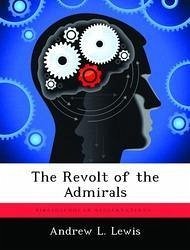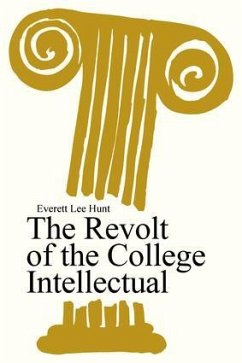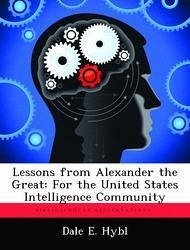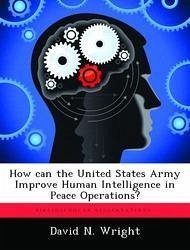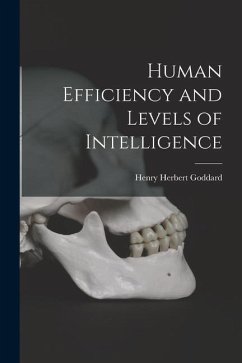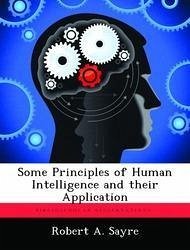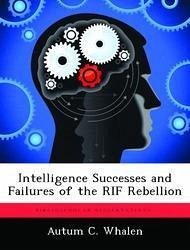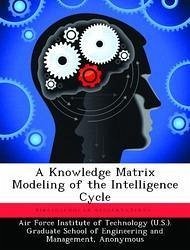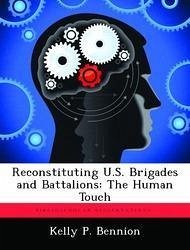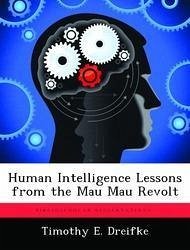
Human Intelligence Lessons from the Mau Mau Revolt
Versandkostenfrei!
Versandfertig in über 4 Wochen
52,99 €
inkl. MwSt.

PAYBACK Punkte
26 °P sammeln!
The true center of gravity for any insurgency is the support of the people.89 Neither Kitson nor the British as a whole positively affected the hearts and minds of the Kikuyu. The repressive actions of Anvil and 'villigisation' swayed the populace to favor the Mau Mau. Although the British declared a victory and an end to the Emergency in 1960, three years later they awarded independence to the Kenyan government. Britain's military won tactical and operational battles, but Britain lost their strategic goal to maintain Kenya as a colony. 90 Similarly, the US military can achieve tactical victor...
The true center of gravity for any insurgency is the support of the people.89 Neither Kitson nor the British as a whole positively affected the hearts and minds of the Kikuyu. The repressive actions of Anvil and 'villigisation' swayed the populace to favor the Mau Mau. Although the British declared a victory and an end to the Emergency in 1960, three years later they awarded independence to the Kenyan government. Britain's military won tactical and operational battles, but Britain lost their strategic goal to maintain Kenya as a colony. 90 Similarly, the US military can achieve tactical victories, but will require synergistic efforts with the other instruments of power to achieve strategic goals in Iraq and the GWOT. Employing lessons learned from the British experience in Kenya, that synergy begins with a HUMINT network established early through FID operations supported by politicians and executed by culturally savvy interagency players. Once emplaced, the network can identify insurgent motivations, leadership, and infrastructure. Enabled with this knowledge, politicians can employ diplomatic and economic tools at the right place and time to assuage causal frustrations before the insurgency grows to kinetic action. If deterrence fails, an established HUMINT network facilitates precise air power applications, just as Frank Kitson realized in Kenya. Although the Kikuyu differ in motivation, communication, and education, the autonomous operations of al Qaeda and the Mau Mau bare enough resemblance to discuss emulating Kitson's pseudo-gangs in Kenya. The US can create pseudo-gangs comprised of moderated religious fundamentalists to infiltrate, collect on, and selectively terminate al Qaeda affiliates.





